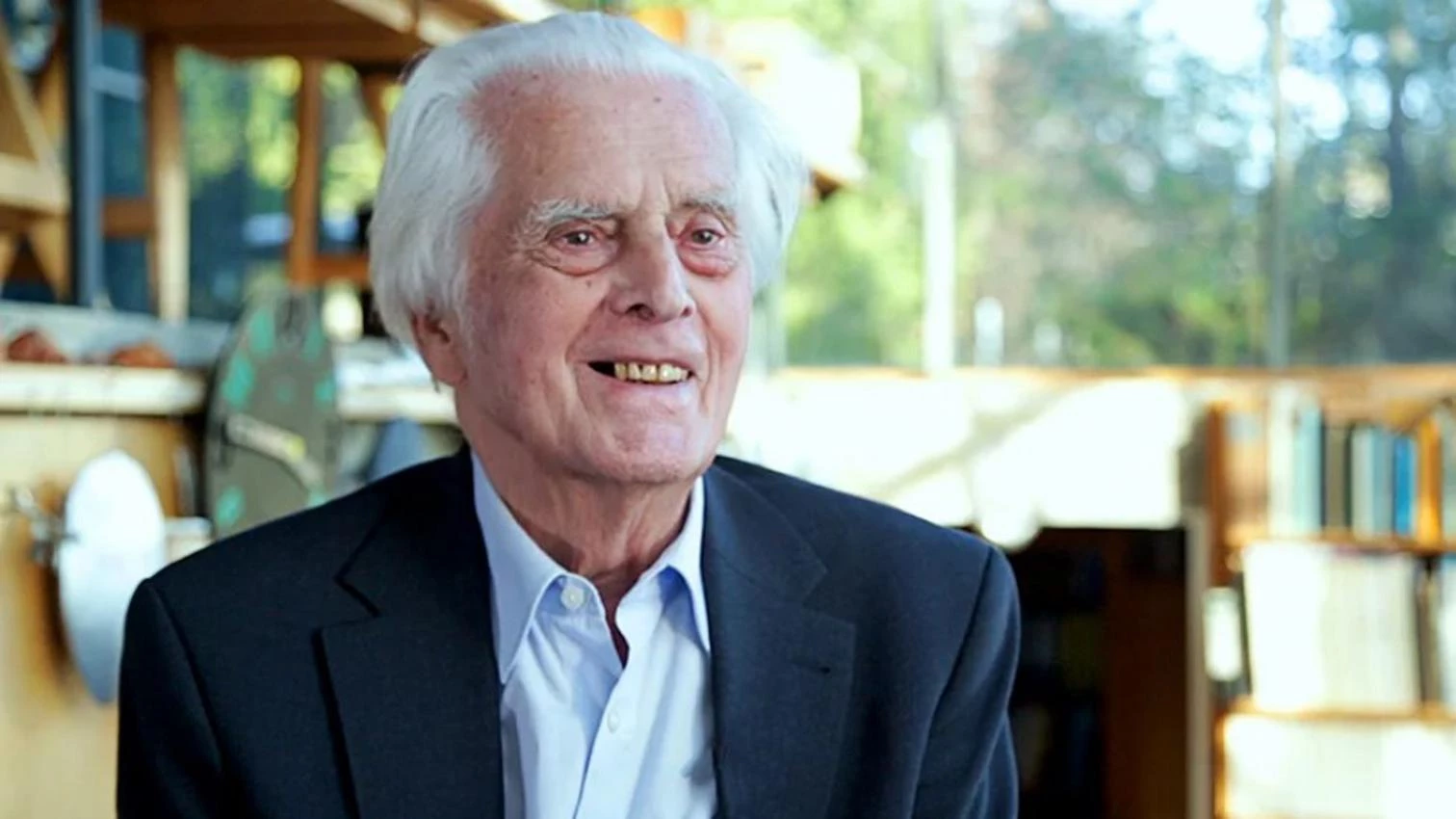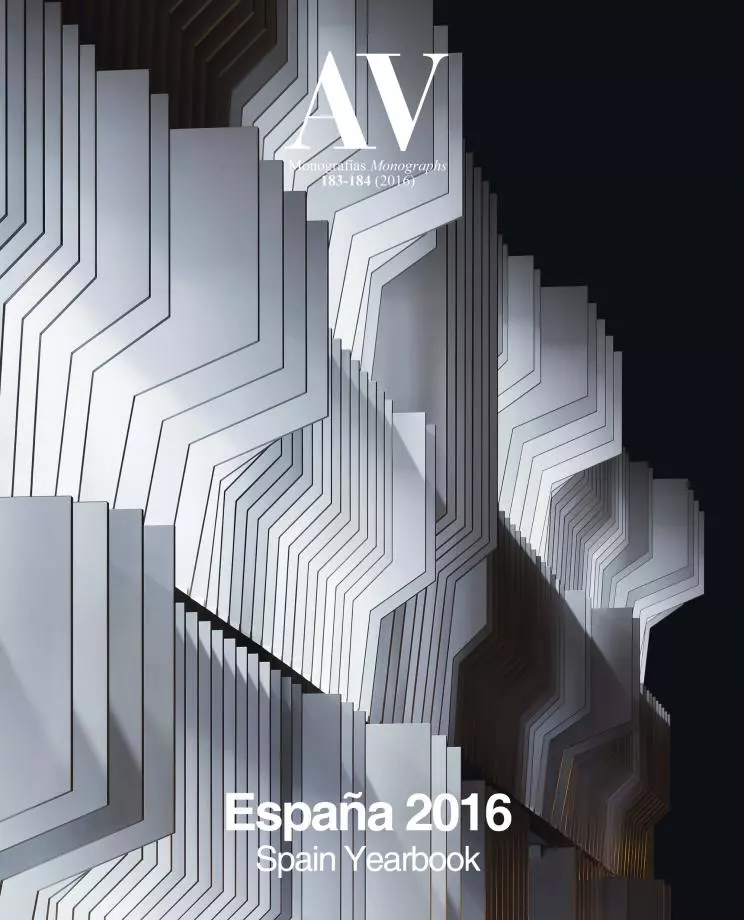
Frei Otto
The Pritzker Prize concession to Frei Otto (1925-2015) was publicly announced one day after his death, and so the German architect became the first to receive the award posthumously. In its citation, the jury commended “his visionary ideas, inquiring mind, belief in freely sharing knowledge and inventions, his collaborative spirit and concern for the careful use of resources.” A pioneer in the field of lightweight structures, Frei Otto studied the models nature offered and took them as inspiration to design his best projects. His list of works includes unique and visionary examples like the roofing of the Olympic Stadium of Munich (1972), a chain of tensile structural elements shaped as inverted cups connected by metallic cables; the Multihalle of the German city of Mannheim (1975), a temporary structure in the form of a curved spatial mesh made of slats of hemlock wood; or, more recently, the Japan Pavilion for the Universal Expo 2000 in Hannover, carried out with the Japanese Shigeru Ban – 2014 Pritzker laureate – and designed entirely with paper and textile ribbons.





